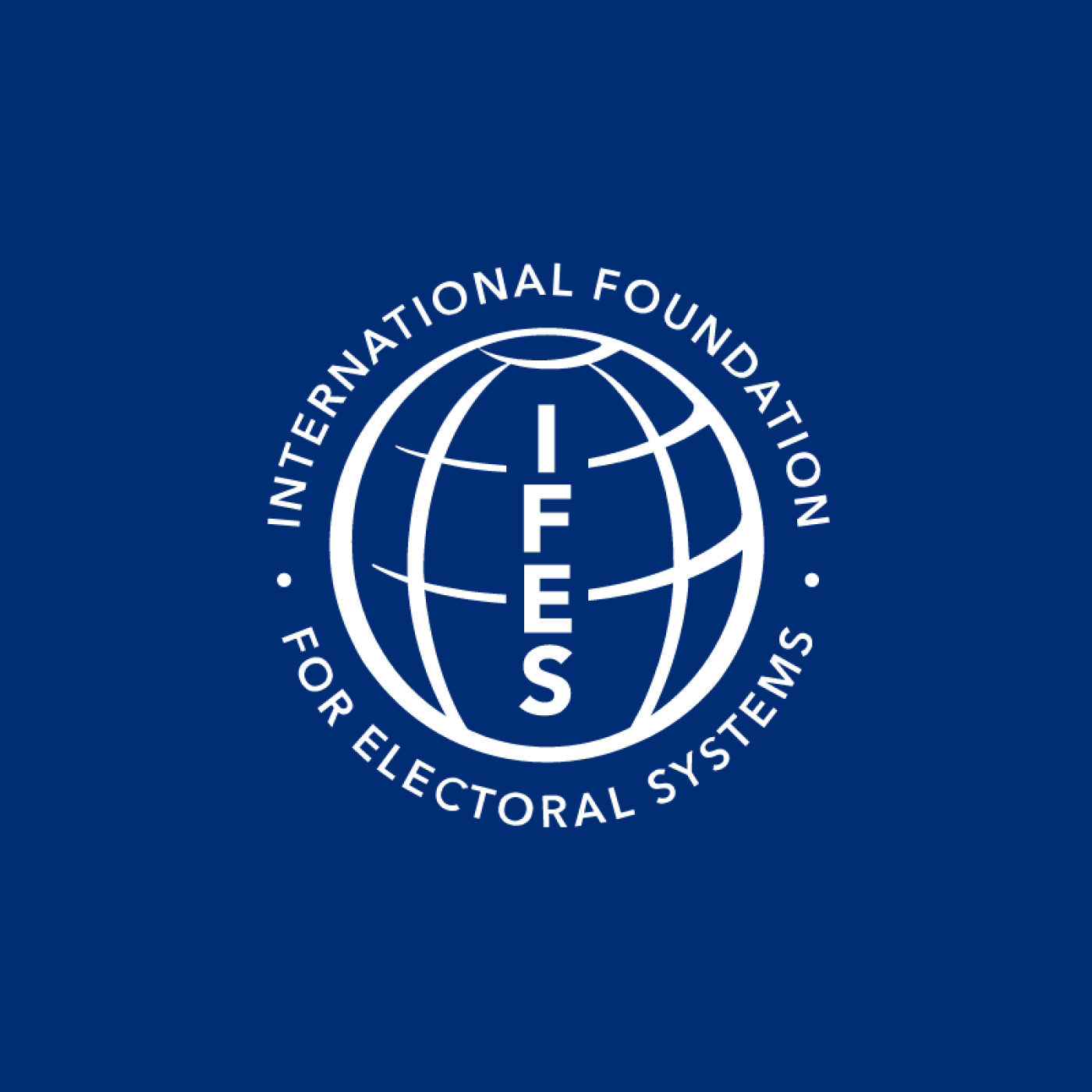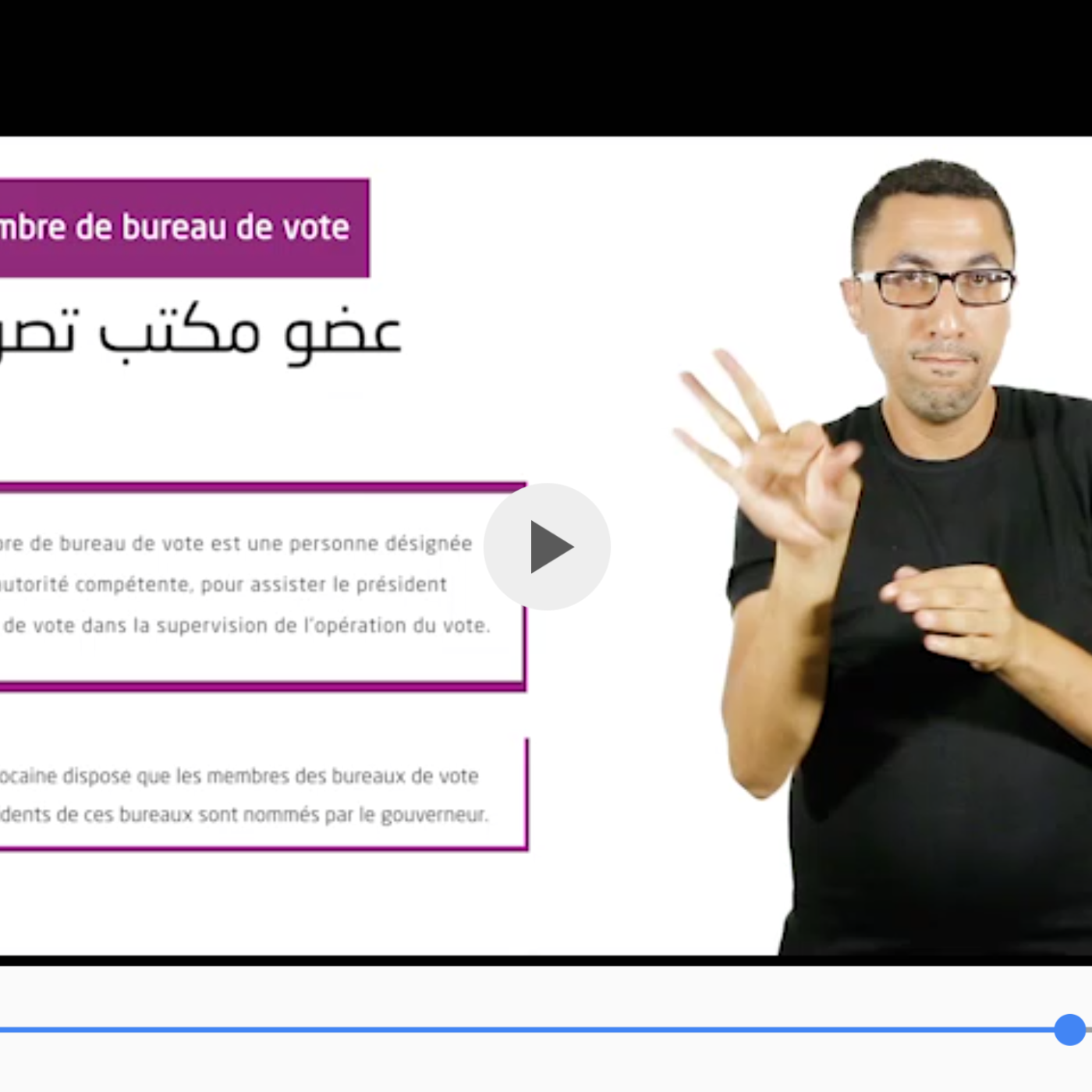Tools & Resources
Filter by
Type
Publication date
Language
Type
Publication date
Language
News & Updates
Feature
IFES Signs Global Disability Summit Charter for Change
On July 24, the United Kingdom Department for International Development, the International Disability Alliance and the Government of Kenya will host the first-ever Global Disability Summit. IFES, represented by IFES President Bill Sweeney, will participate and has signed the Charter for Change, the summit’s principal legacy document outlining actions that must be taken to ensure the rights, freedoms, dignity and inclusion for all persons with disabilities.
Election FAQ
Elections in Paraguay: 2018 General Elections
On April 22, Paraguayan citizens headed to the polls to vote for national and local authorities. To help you understand this important electoral process, IFES provides Frequently Asked Questions (FAQs) on Elections in Paraguay: 2018 General Elections.
Election FAQ
Elections in Turkmenistan: 2018 Parliamentary and Local Elections
On March 25, Turkmen citizens went to the polls for parliamentary and local elections, with a total of 16,558 candidates contesting the elections. To help you understand this important electoral process, IFES provides Frequently Asked Questions (FAQs) on Elections in Turkmenistan: 2018 Parliamentary and Local Elections.
News & Updates
Feature
New Version of Moroccan Sign Language Mobile App Released
On September 22, IFES Morocco released an updated version of its electoral lexicon mobile phone app. The app, named صوتي حقي , or “My Vote, My Right,” is an accessible civic education tool created for Moroccan citizens, particularly for those in the Deaf community. The app features live-person videos of all terms of the Moroccan sign language electoral lexicon in French, Arabic, and Moroccan sign language, as well as definitions of the terms in all three languages.
News & Updates
Feature
IFES Celebrates International Day of Persons with Disabilities
The annual International Day of Persons with Disabilities, held on December 3, commemorates the human rights of persons with disabilities. This year we also celebrate the 10th anniversary of the United Nations Convention on the Rights of Persons with Disabilities (CRPD).
News & Updates
Feature
Video: IFES Creates an Electoral Lexicon in Moroccan Sign Language
In collaboration with a Moroccan Sign Language (MSL) consultant, the International Foundation for Electoral Systems (IFES) as part of the Consortium for Elections and Political Process Strengthening adopted the IFES Electoral Lexicon to MSL, improving access to civic education information among the deaf community.
Election FAQ
Elections in Morocco: 2016 Parliamentary Elections
Parliamentary elections will be held in Morocco on October 7. They will be the second set of legislative elections after the constitutional reform initiated by King Mohamed VI passed through a referendum in 2011.
Publication
Survey
Public Opinion Data and Political and Legal Reform Opportunities for Women in Yemen, Morocco and Lebanon
As people across the Middle East and North Africa continue to protest for greater freedom and equality under repressive regimes, women have an unprecedented opportunity to capture some of the newly created political space and ensure gender rights are integrated into political and legal reforms.
September 22, 2011
Image

Publication
Report/Paper
The Strategic Use of Gender Quotas in the Arab World
William & Kathy Hybl Fellowship, 2010 Research Fellow Bozena Chrisina Welbourne on The Strategic use of Gender Quotas in the Arab World
February 09, 2011
News & Updates
Press Release
International NGO Releases Survey Findings on Women’s Political Standing in Morocco
RABAT—A national survey on attitudes towards the political, economic, social and legal status of women in Morocco released today by the International Foundation for Electoral Systems (IFES) and the Institute for Women’s Policy Research (IWPR) shows that while women’s political and civic participation is low, there is relatively high support for gender quotas on behalf of both sexes. The survey, however, indicated that men are much less supportive than women of the Family Law or Moudawana.





